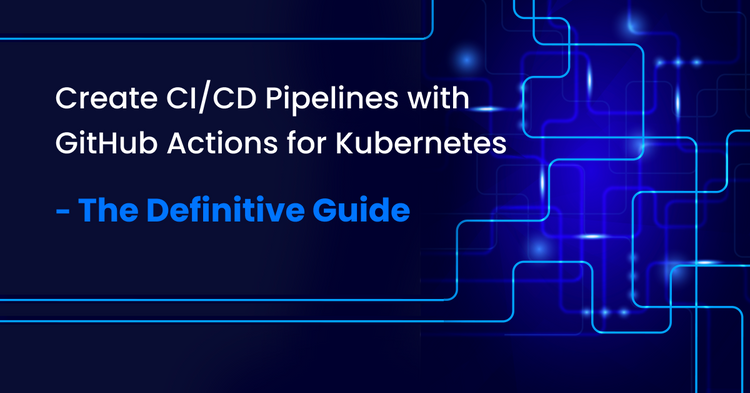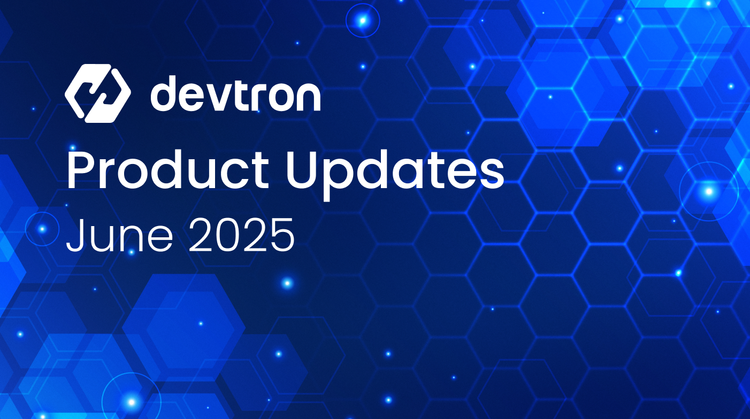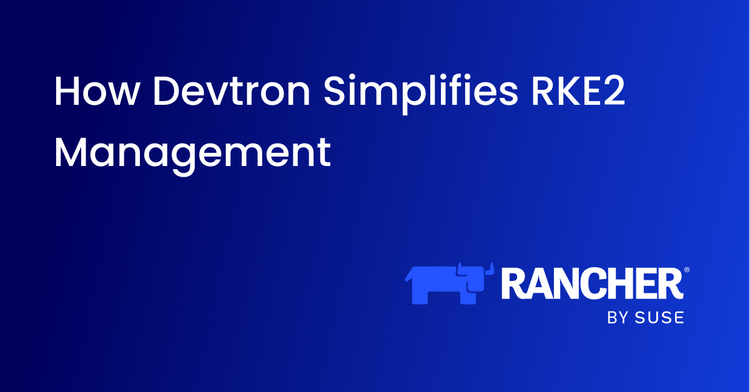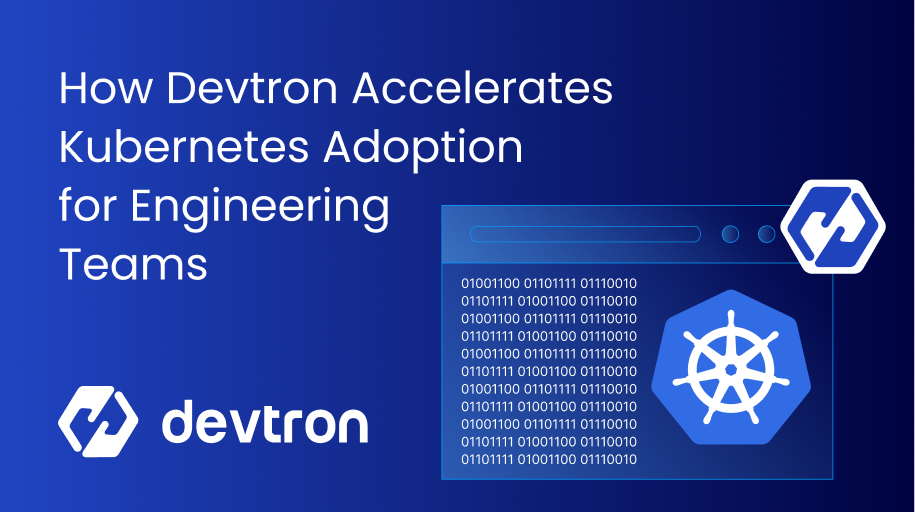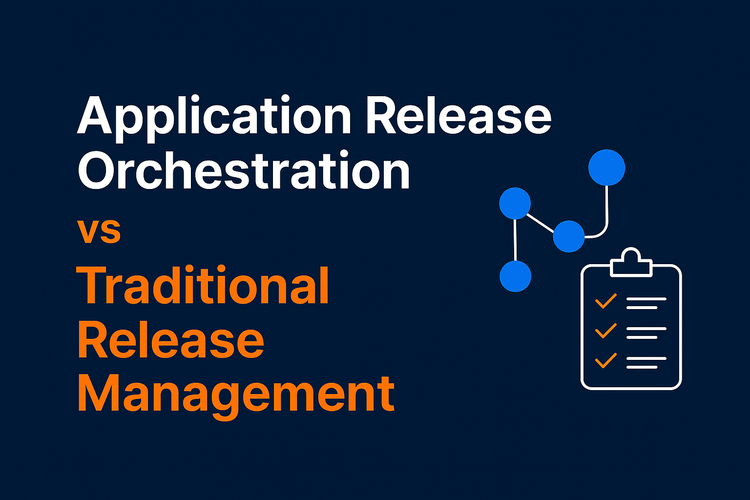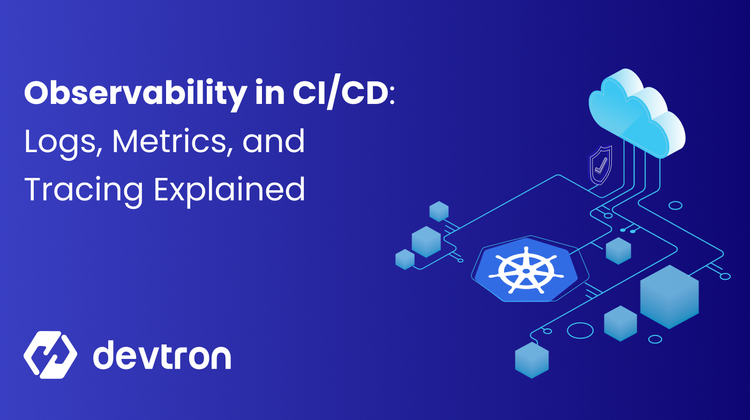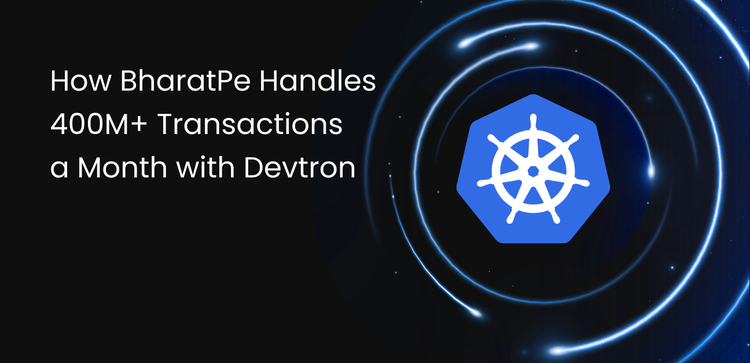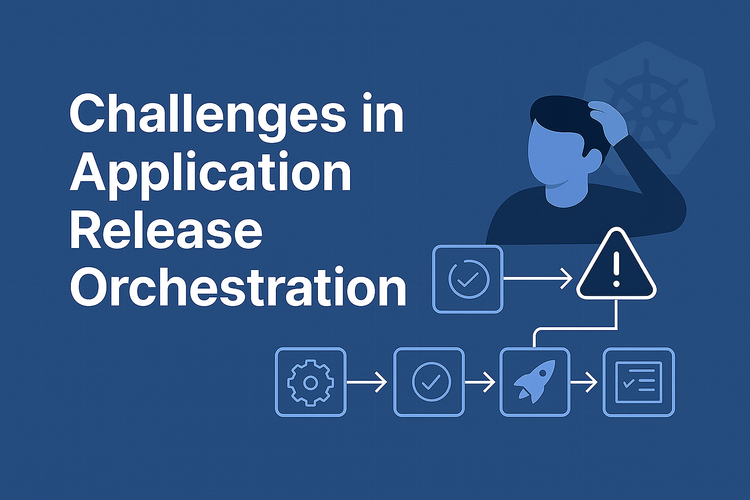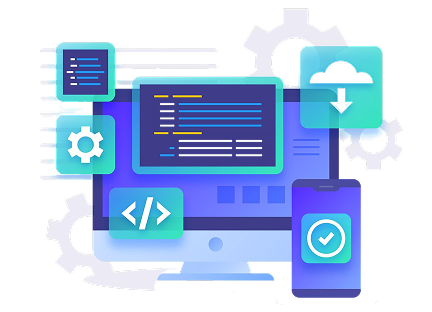GitHub Actions CI/CD Pipeline for Kubernetes: How to Build, Test & Deploy
TL;DR: GitHub Actions provides native CI/CD automation within GitHub. It allows you to define YAML workflows for building, testing, and deploying applications (including container images to Kubernetes), enhancing efficiency and integrating with platforms like Devtron for comprehensive ops.

